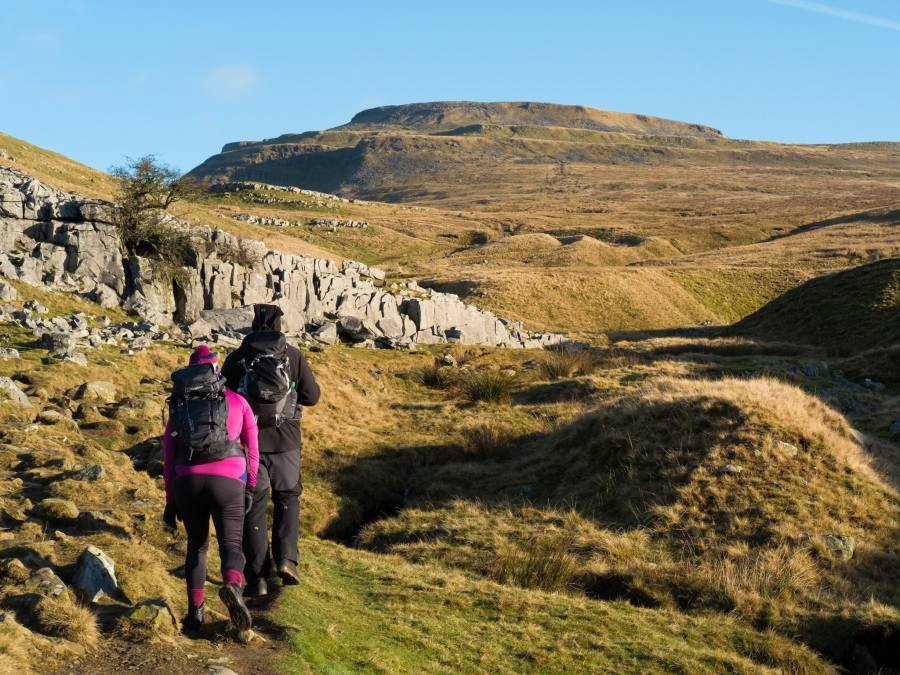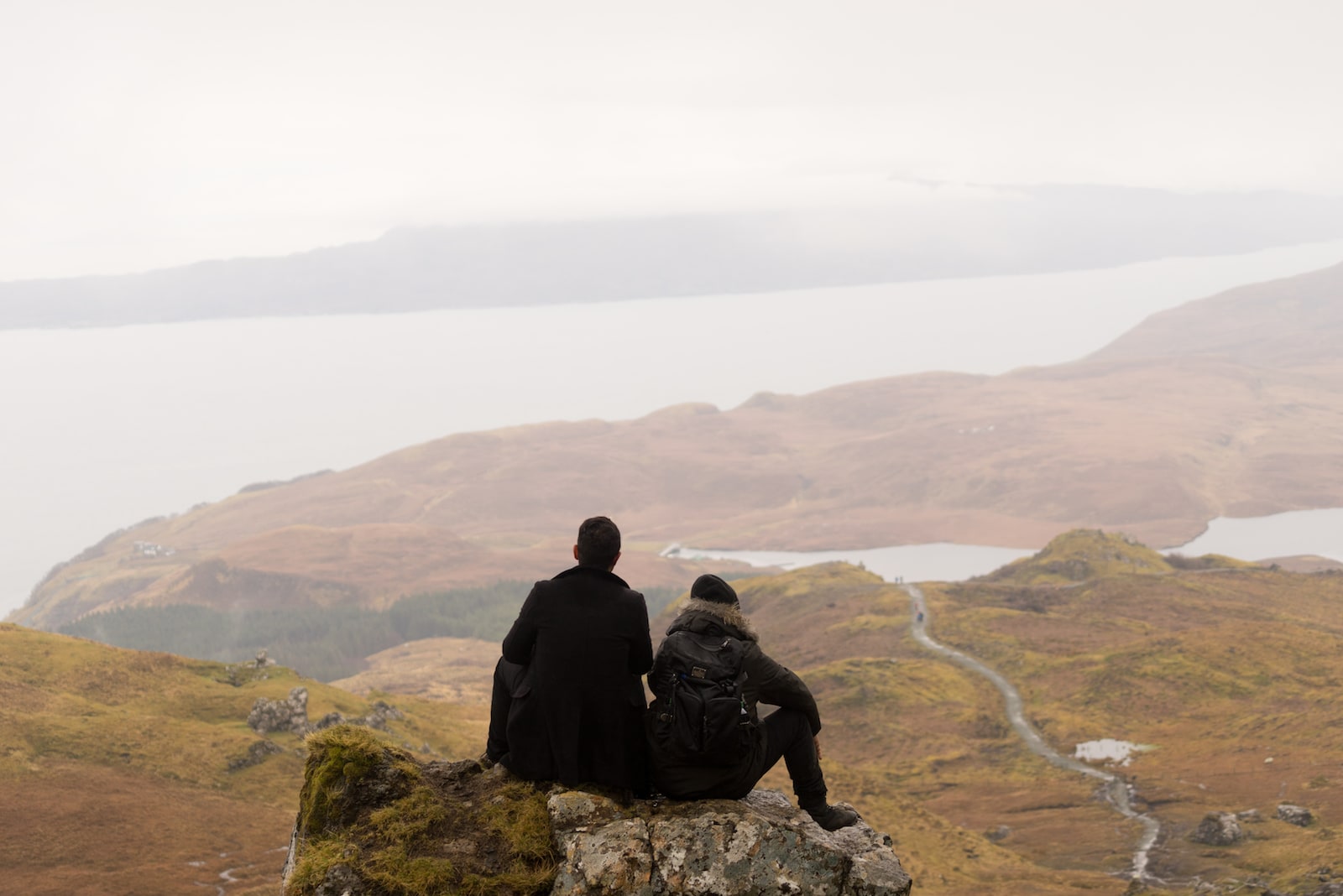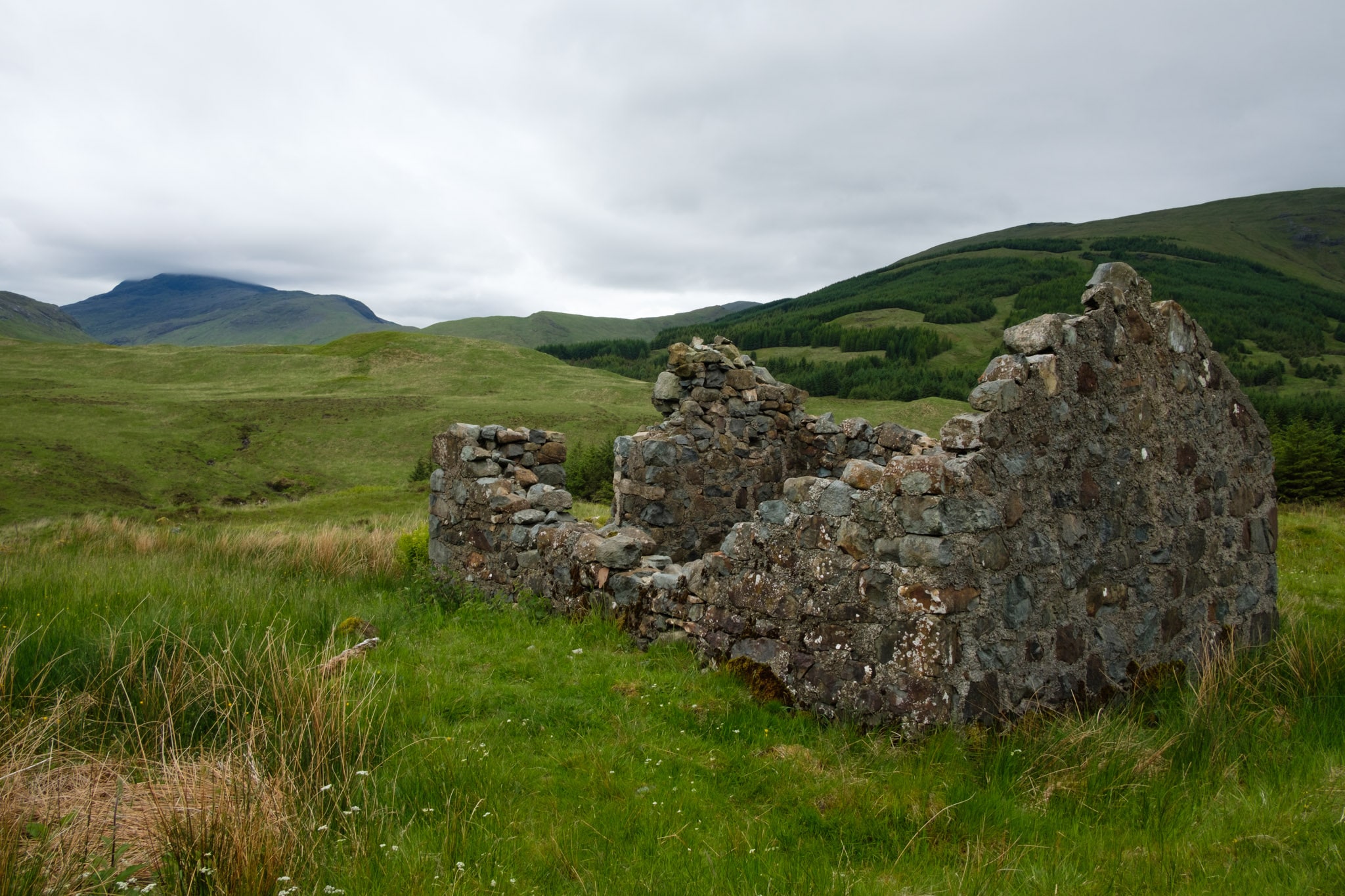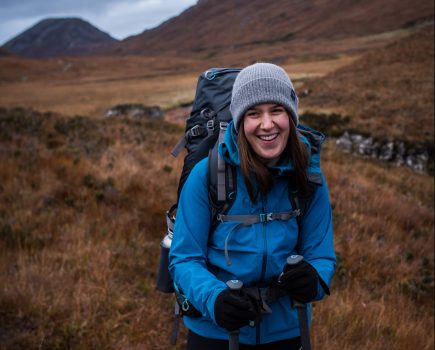Struggling to think of ways to refresh your outdoor adventures in 2018? Here are six ideas
At this time of year, many of us set New Year’s Resolutions for ourselves. Climb 100 Munros, walk 1,000 miles, climb the height of Everest – these are all worthy challenges and sure to motivate us to spend more time outside, but we’ve all been guilty of biting off a bit more than we can chew when it comes to New Year’s Resolutions, and perhaps it’s time for something a bit more achievable for 2018.
Our list of outdoor goals won’t necessarily make you look good on Instagram, but it is guaranteed to help you have a good time in the hills and countryside, and it will broaden your horizons.
1. Spend more time outside
This one’s simple to say, but perhaps not so simple to do. It’s all about priorities. New Year is as good a time as any to examine how you choose to allocate your time, and if you’re reading this it’s a fair guess that you would like to bump the outdoors higher up your list. Consider taking this one as it comes: if faced with a choice between an evening on the sofa or an evening walk, choose the latter more often than not. Some people will find specific, measurable goals helpful here, such as aiming to get out walking at least three times a week, or to go for a run every day. Fitness trackers or apps such as ViewRanger can be helpful to quantify how you’re doing.
2. Visit somewhere new
When we’re new to the hills, we’re impatient to visit as many places as possible, but as we become more experienced it’s only natural that favourite places emerge. Sometimes that can lead to getting stuck in a rut – walking in the same places again and again without making the effort to explore somewhere new.
If your walking habits have started to feel monotonous, think about visiting a place you’re never considered before – or perhaps returning to a location you haven’t been to in a long time. If you’ve forsaken the Lakes for Scotland’s wilder charms, for example, make a return visit to Langdale or Wasdale. If your trips exclusively focus above the 2,000ft mark, go for a walk in the lowland countryside. Whenever you choose to go, it might surprise you – and the variety is sure to inject some fresh enthusiasm into your planning.
3. Introduce someone to the hills
We all have friends, family members or perhaps even a partner who isn’t into hillwalking. If they’ve tried it and hated it, it’s perhaps best to consider someone else, but everyone can benefit from time spent in nature. It improves health and mental wellbeing, and walking with a friend can strengthen the bonds between you. But choose the objective and the day wisely – a smallish hill and a sunny day is a good idea for that first outing. If things go well you might have found a new walking buddy.
4. Learn new skills
Hillwalking, mountaineering and backpacking all require certain skills to carry out safely: navigation, reading the land, the nebulous ‘hill sense’, to mention but a few. But we can all benefit from expanding our skill set. If your outings have been limited to the summer months until now, maybe book yourself onto a winter skills course to learn how to use an ice axe and crampons. There are plenty of other new skills to learn too: rock climbing, mountain biking, weather forecasting, even building dry stone walls. This year, learn how to do something new.
5. Discover the wildlife, heritage and history of the uplands
The mountains may look like a largely blank canvas for our adventures, but there is a vast depth of interest and history – both natural and human – just waiting to be discovered, and learning more about it can enhance our enjoyment of the outdoors. Did you know that many Scottish glens, now empty, were once home to communities evicted during the Highland Clearances? Do you know why rewilding programmes are being carried out in select corners of the UK, and what they hope to achieve? Even a basic understanding of place names and their meaning can add a new layer of enjoyment, and there is a vast wealth of esoteric local knowledge and folklore out there on the web and in old books. It isn’t all summit views and ticklists.
6. Seek silence
We live in a noisy world, both literally and figuratively. While it’s easy to escape from the literal noise of urban life by going into the mountains, it’s far more difficult to escape from that other kind of noise – the mental buzz of our busy, multitasking lives, the unceasing information flow of smartphones and the web.
While connectivity has many benefits – and smartphones are increasingly useful in the mountains – it’s all too easy to forget that seeking silence every now and again is important too, both for our mental wellbeing and a dose of perspective. The silence of the mountains can be a great balm for the frenetic pace of modern life if we want it to be, but this year consider going a step further and completely disconnecting every once in a while. Switch off your phone, stride out over the moors or into the woods, and let your mind blow empty.










